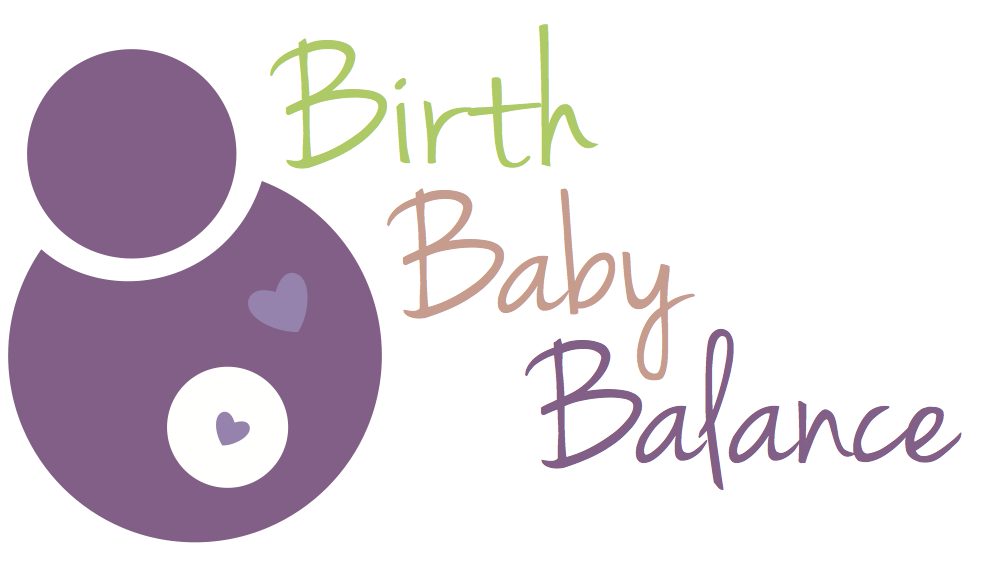Alternative routes to parenthood- the legal issues
/If you are thinking about trying to become a parent with the help of a sperm or egg donor, fertility treatment or surrogacy, you are far from alone. Research suggests that around one in ten births in the UK are the result of donor conception or fertility treatment, and that the number of babies born to surrogates may have doubled over the last few years. These ‘alternative’ routes to parenthood have helped countless people to have children when they might not have been able to otherwise. However, they can also create enormous emotional strain, and the sometimes complex legal implications do not help. So, what do prospective parents need to know about the law?
I am having a baby with the help of a donor. How do I ensure that I am my child’s legal parent?
Legal parenthood determines major issues like a child’s nationality, inheritance rights and who is responsible for the child financially. A child can only have a maximum of two legal parents. The child’s birth mother will always automatically be the first legal parent, even if she became pregnant using a donated egg. The spouse or civil partner of the child’s birth mother will be the second legal parent, as long as he or she gave consent to the treatment that led to her pregnancy.
If the birth mother is not married, her partner (whether same-sex or opposite-sex) will need to go through a paperwork process before the treatment to ensure that they are acknowledged as the second legal parent. There has been a string of recent cases of clinics making mistakes with this paperwork, resulting in parents having to go to court to secure their legal parenthood, so it is vital to ensure that you are signing the right documents and that they have been completed correctly.
What is ‘parental responsibility’ and who has it?
Parental responsibility is separate from legal parenthood. It is essentially the right to be involved in decisions about the child’s upbringing and fundamental issues like healthcare and education.
As with legal parenthood, the birth mother will automatically have parental responsibility. If she is married at the time of the child’s birth, her spouse will have parental responsibility. If she is in a civil partnership at the time of the child’s conception, her civil partner will have parental responsibility.
If the birth mother is not married or in a civil partnership, her partner will have to acquire parental responsibility. In an opposite-sex relationship, her partner can acquire parental responsibility simply by being named as the child’s father on the birth certificate. Otherwise, the birth mother and her partner will need to sign a ‘parental responsibility agreement’ and have it approved by a judge.
I am having a baby through a surrogacy arrangement. How do I secure legal parenthood and parental responsibility?
Because the law says that the birth mother is automatically the child’s legal parent, you will need to obtain a court order, known as a ‘parental order’, transferring the child’s legal parenthood from the surrogate (and her spouse, if she has one) to you as the intended parents. Unless and until you obtain a parental order, the surrogate will remain the child’s legal parent, so it is crucial to get the application right and specialist legal advice is essential. The requirements for being granted a parental order are:
· You must be a couple. Single parents cannot obtain parental orders. The courts have declared that the law as it stands infringes human rights and the government will have to change it in due course;
· The surrogate must not have been paid to act as surrogate (beyond reimbursement of ‘reasonable expenses’);
· The surrogate (and her spouse or civil partner) must consent to legal parenthood being transferred to you;
· At least one of you must be the biological parent of the child. In other words, you cannot obtain a parental order if the egg and sperm used in the conception of the child carried by the surrogate were both donated;
· You must apply to a court for a parental order within six months of the child’s birth.
The parental order will give you parental responsibility as well as legal parenthood.
Because it is illegal to pay a surrogate in the UK, many British couples enter into surrogacy arrangements abroad, in countries where commercial surrogacy is available. This can create legal issues around securing your baby’s nationality and immigration status when you return to the UK. Detailed legal advice on this is critical.
If you need advice about any of these issues, please do not hesitate to contact me.
Claire Colbert: Mediator and Family Partner with Freeths
Claire has advised clients for over 16 years on all aspects of family law including dealing with disputes between couples and family members. Claire can help couples protecting themselves from financial claims and assist with agreeing arrangements for children.
Claire has experience in dealing with Child Maintenance Service appeals (formerly CSA). She assists parents dealing with school appeals for primary and secondary school places.
Claire is a mediator, collaborative lawyer and an accredited specialist of Resolution and Law Society Family Law Panel member. Claire was awarded Family Law Associate of the year at the Jordan's family law awards in 2013.
What separates Claire from other expert lawyers is that she works hard to resolve issues amicably without the need for a court intervention, aiming to achieve constructive legal solutions quickly and cost effectively.
DDI: 01865 781182




